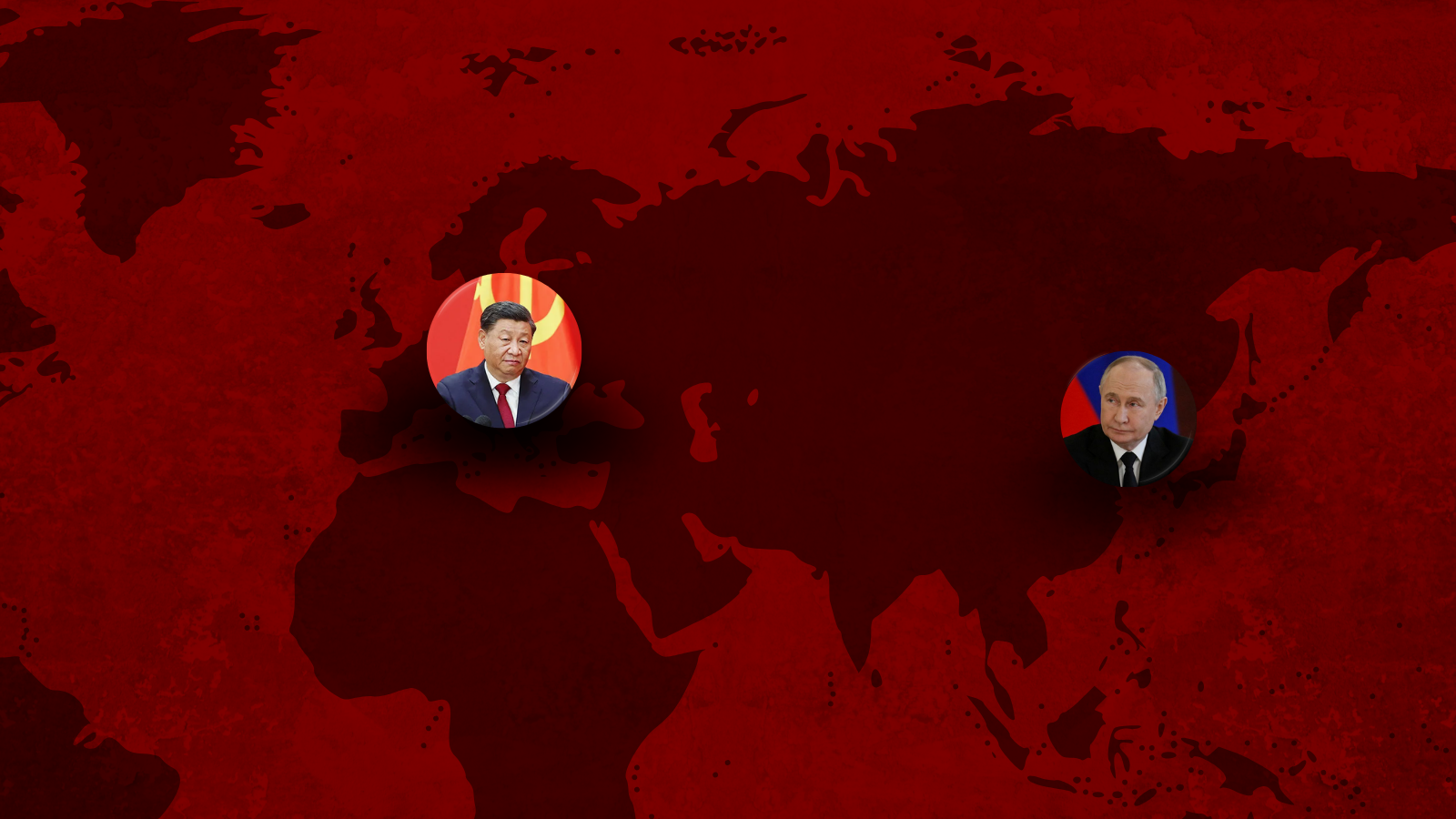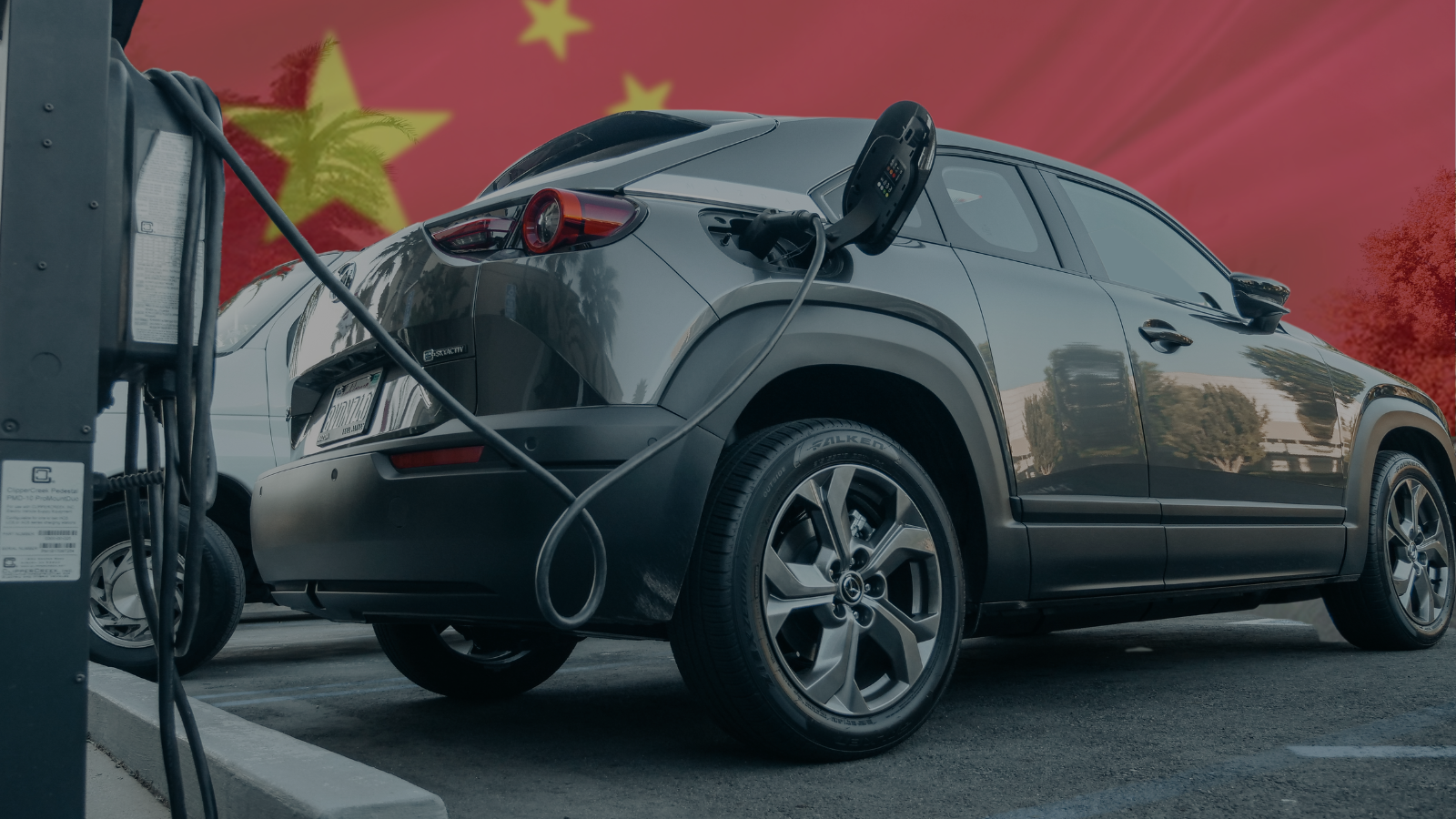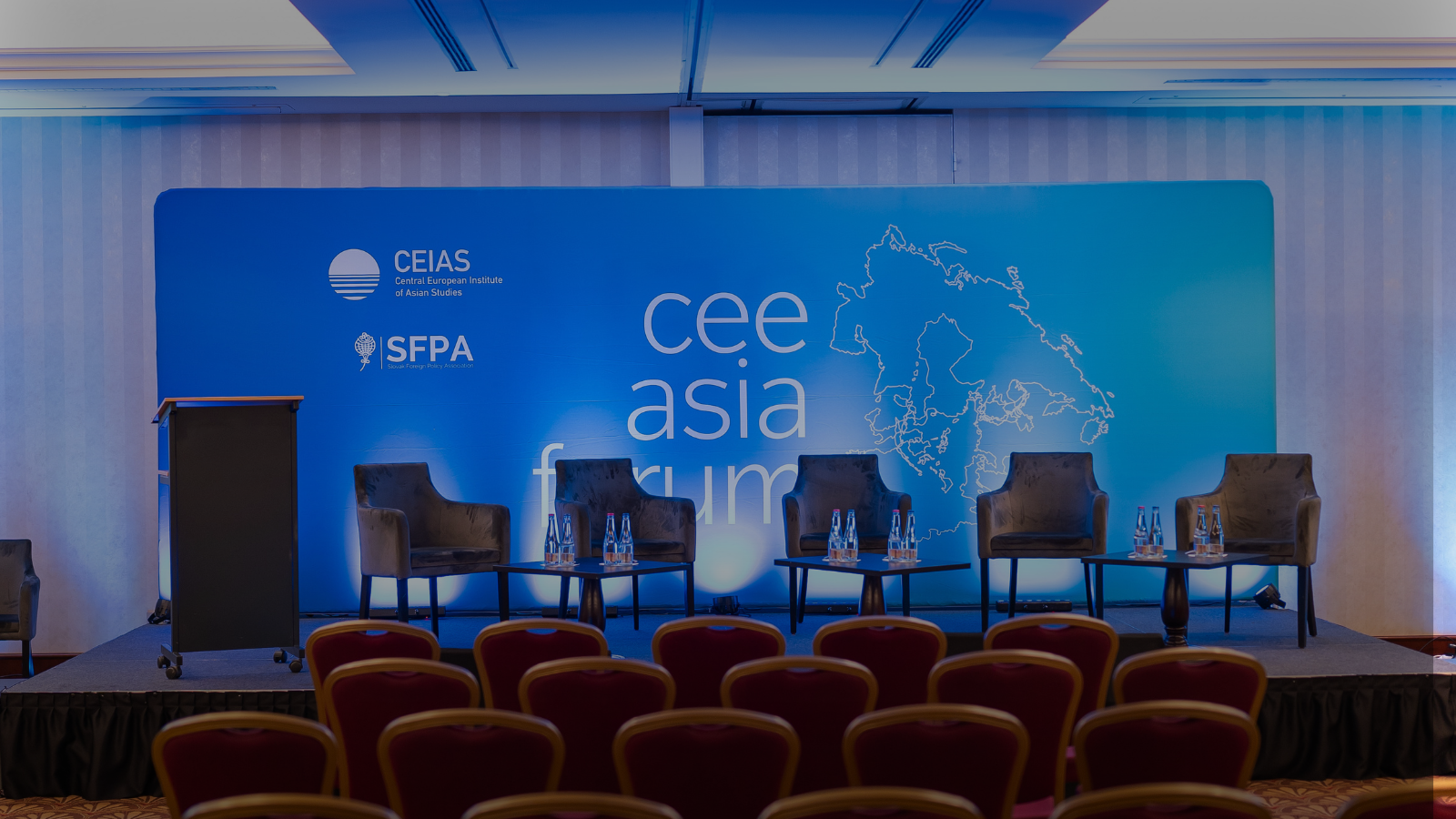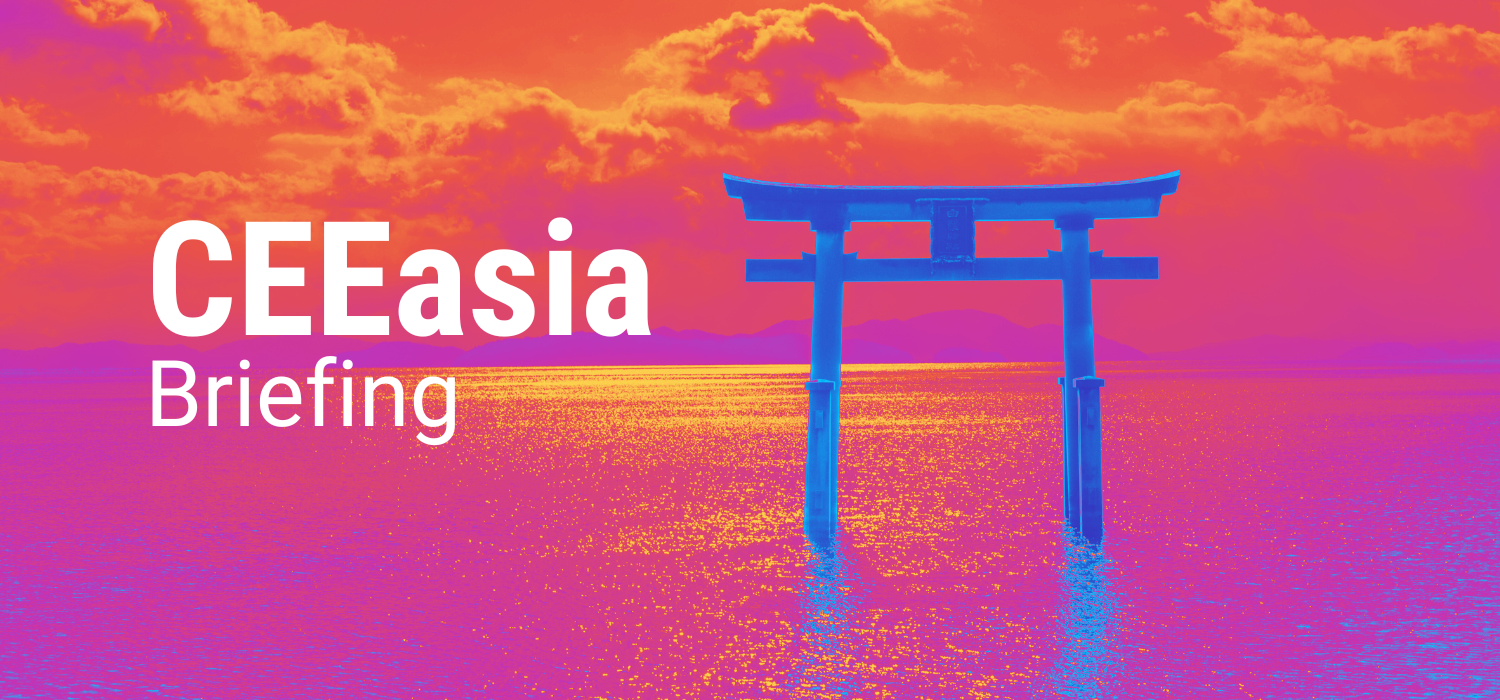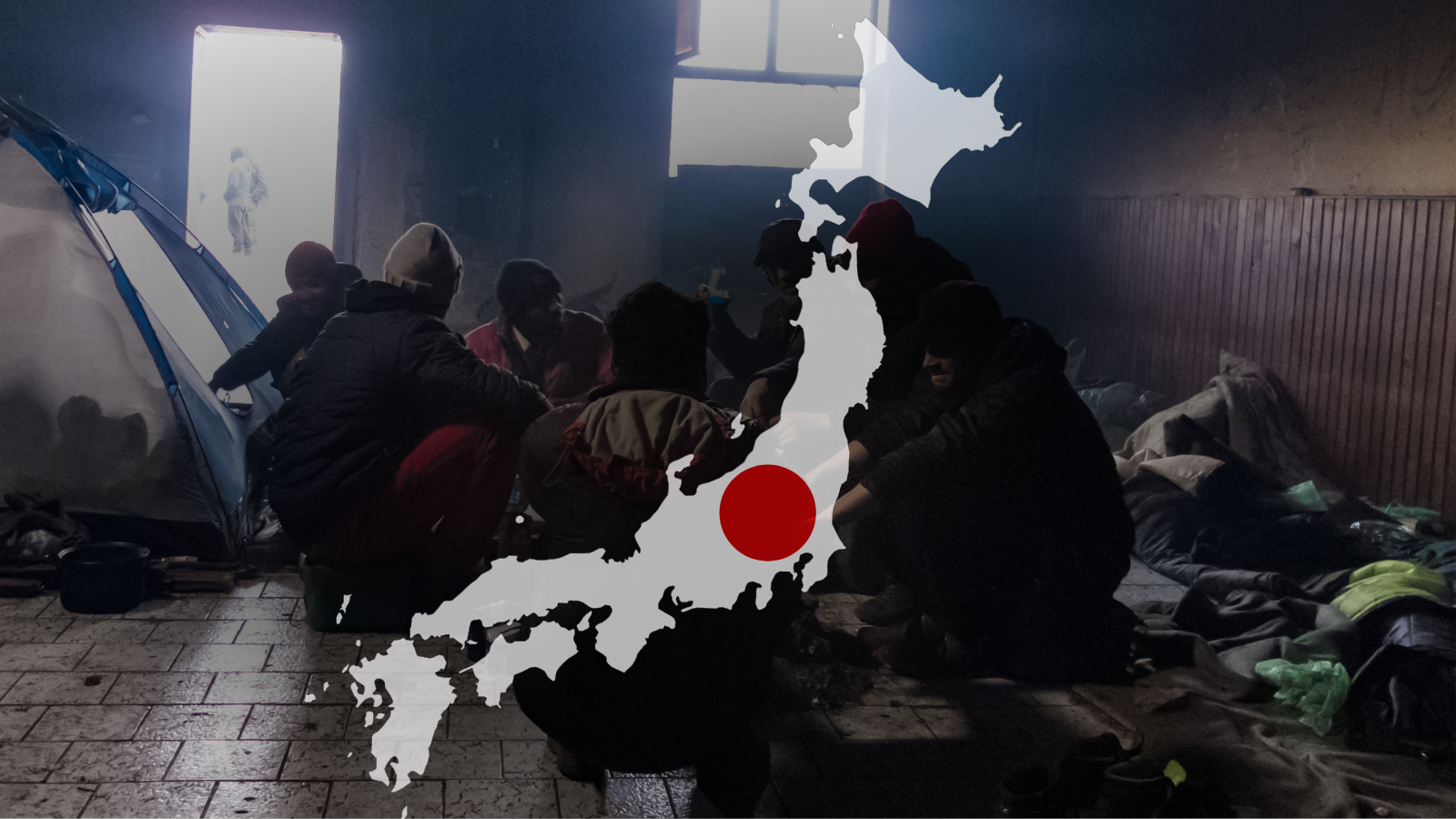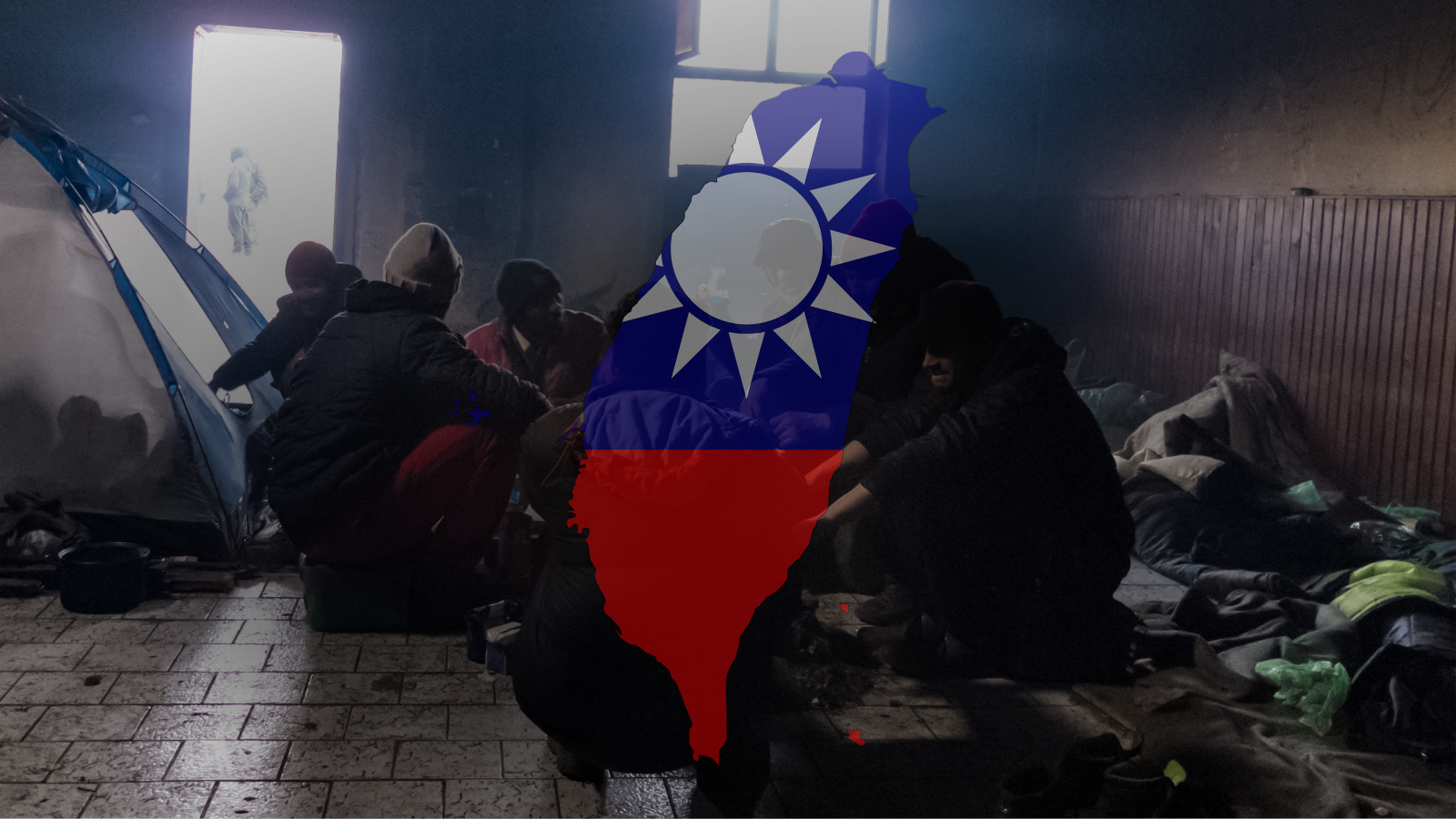In the lead-up to Russian President Vladimir Putin’s visit to Beijing, Xi Jinping, China’s supreme leader, embarked on a charm offensive tour of three European capitals, touting the stability of China-Europe ties amidst escalating global geopolitical tensions. China’s state media covered Xi’s Europe trip with celebratory enthusiasm, largely sidestepping inconvenient topics such as China’s intensifying economic cooperation with Russia and the country’s industrial overcapacity. Beijing appears to be wagering that it can maintain stable European ties while economically supporting the Kremlin in its ongoing conflict in Ukraine
In April 2024, NATO Secretary-General Jens Stoltenberg warned Beijing that it “cannot have it both ways” regarding relations with Russia vis-à-vis the West. However, the Chinese leadership seems to think otherwise, as evidenced by Xi Jinping’s latest Europe trip, which occurred a week before Putin’s arrival in Beijing. Xi visited Paris, Belgrade, and Budapest, carefully chosen to generate positive media coverage and promote a “new era” of stable China-Europe relations. The narrative of China bringing stability to Europe was tailored to the specific contexts of each capital, whether emphasizing “strategic autonomy” in Paris, a joint “community of shared future for humankind” in Belgrade, or an “all-weather friendship” in Budapest. In each instance, Xi’s “Chinese wisdom and Chinese methods” were highlighted as the keys to peace and prosperity in Europe and beyond.
Charting a “strategically autonomous” future for China-Europe relations in Paris
“European strategic autonomy” is a favored term in Beijing, at least regarding Europe’s relations with the United States. Small wonder Emmanuel Macron, the main proponent of the “strategic autonomy” discourse, was the first to host Xi during his European tour. Xi’s pompous reception in Paris, featuring iconic landmarks and cavalry escorts, made for a striking visual backdrop for Chinese state media.
The Paris visit was arguably the primary “geopolitical prize” of Xi’s trip. Chinese state media portrayed it as the beginning of a new era of stability in China-Europe relations, with a particular emphasis put on the trilateral meeting between Xi, Macron, and EU Commission President Ursula von der Leyen. According to the European Commission’s press statement, the main topics of conversation were criticism of China’s deepening economic ties to Russia and the threats posed to European markets by Beijing’s massive state subsidies and overcapacity. Nonetheless, this did not prevent Chinese state-run media from hailing the Paris visit as a significant step towards more stable and “win-win” relations with the EU.
Xi Jinping’s letter for the occasion, translated and published in the French daily Le Figaro, set the tone for Chinese media reports. Xi praised the independence and foresight of French and Chinese leadership in dealing with global challenges throughout the 20th and 21st centuries. The letter— titled “Maintaining the spirit of establishing relations – promoting peaceful development together” (传承中法建交精神 共促世界和平发展)— referenced Charles de Gaulle’s decision 60 years ago to become the first major Western country to establish relations with the People’s Republic of China despite Cold War pressure from other Western nations. One paragraph explained China’s position on the Ukraine war, stating that China understands its repercussions for the people of Europe, yet it is not the initiator or a participant in the conflict. Xi also expressed a commitment to work with France on resolving the Gaza conflict, emphasizing shared understandings and a long-term commitment to a “two-state solution.”
In a China Daily Hong Kong report, Xi’s comments on the Ukraine War and China’s industrial overcapacity were quoted to downplay fundamental clashes of interests between China and the EU. “Whether viewed from the perspective of comparative advantage or global market demand, there is no such thing as ‘overcapacity’,” Xi stated, adding that “China has been working vigorously to facilitate talks for peace [in Ukraine] all along.” Additionally, Xi was quoted as telling Macron and von der Leyen that “there is neither geopolitical conflict nor fundamental conflict of interests between China and the EU”. The report also featured praise from various experts for the “strategically autonomous” directions of Macron and Xi. Among them, Jack Midgley, principal of global consultancy Midgley & Co, remarked, “Europe must decide how to engage with China independently from the United States […] We should do that outside the shadow of the US. Let’s do this based on mutual interest”.
A report by Global Times similarly emphasized the absence of fundamental conflicts of interest and the “win-win” nature of China-EU relations. Highlighting the trilateral China-France-EU talks in Paris, the report underscored Xi’s statement that “China-EU cooperation is ‘complementary and mutually beneficial’ in essence”. Expert opinions in praise of Xi’s Europe trip were also quoted. The report rebutted the idea that China’s pursuit of closer ties with Europe aims to divide the transatlantic alliance between Europe and the US. It quoted Xin Hua, director and chair professor of the Center for European Union Studies, Shanghai International Studies University, as saying that “China and Europe need each other. In a certain sense, Europe needs China to counterbalance the US, given the contradictions and divergences between Europe and the US.”
Deepening Cooperation with the CCP’s Two Footholds in the CEE Region
During the next two stops of Xi’s Europe trip, media had an easier task projecting a positive image of the paramount leader’s tour. The choice of May 7th for the visit to Belgrade, coinciding with the 25th anniversary of the 1999 NATO bombing of the Chinese embassy in the city, was a pointed message to NATO, despite Beijing’s frequent claims that its bilateral dealings do not “target third parties”. The United States’ assertions that the bombing was accidental was omitted in Chinese reports. In Xi’s letter, translated and published in the Serbian daily Politika on the occasion of his visit and reproduced in Chinese-language reports, the 1999 NATO bombing was portrayed as the beginning of a series of significant events that have strengthened Chinese-Serbian friendship over the past decades. Xi’s letter also highlights Serbia’s assistance to China during the 2008 Sichuan earthquake, China’s support for Serbia during the 2014 floods, and cooperation during the COVID-19 pandemic.
Serbia’s Beijing-friendly president, Aleksandar Vučić, hosted a grandiose reception for Xi in Belgarde. A Chinese-language CCTV documentary—titled Wide Horizons – A Chronicle of President Xi Jinping’s Trip to Europe (登高望远天地阔——习近平主席欧洲之行纪实)— emphasized the warm welcome Xi received from the Serbian people, showing a large crowd at his public appearance in Belgrade. Also in Belgrade, Xi articulated his vision of a “community with a shared destiny for humankind,” signing a joint declaration with Vučić to solidify their commitment to this concept.
Establishing “communities” with Serbia, given that the country is neither an EU nor a NATO member, is a relatively low-risk strategy for China. However, Xi’s next stop, Hungary, presented a more significant geopolitical opportunity due to its membership in the EU and NATO. Hungarian Prime Minister Viktor Orbán appears to have a tenuous connection to the shared values of these two communities. That was evident in a 30-minute interview he gave to CGTN before Xi’s visit to Budapest. The interviewer had little difficulty to “Tell China’s Story Well” during the interview, as Orbán readily expressed his admiration for China’s primary foreign policy goals, summarized in the CCP’s “Global Initiatives” on Civilization, Development, and Security. Orbán’s remarks ranged from endorsing China’s so-called “12-point position paper” on the Ukraine war—which many analysts see as aligning with the Kremlin’s stance— to pledging that Hungary would resist any EU attempts to limit economic exchanges with China. Beyond Security and Development, Orbán also catered to the CCP’s “Global Civilization” discourse, lamenting the decreasing respect shown toward China in international relations. He pointed out that, unlike the West, China has never criticized Hungary’s domestic political system, and he pledged that Hungary would reciprocate by never criticizing China in the future.
In his article published in the Hungarian daily Magyar Nemzet on the occasion of his visit, Xi proclaimed that China and Hungary have “embarked on a Golden Voyage” of win-win relations, which has brought stability to Europe and the world as a whole. Perhaps to maintain good momentum with other EU states, Xi refrained from proclaiming a joint “community” during his visit to Budapest. Instead, the two sides agreed to elevate their bilateral relations to an “all-weather comprehensive strategic partnership.” This agreement was accompanied by 18 bilateral deals involving ministries and state agencies from both countries, covering strategic sectors in Hungary such as nuclear energy, border control, energy supply chains, and media cooperation.
Fostering Beijing-friendly perceptions through media cooperation is a significant objective for the Chinese Communist Party (CCP) at the EU level, particularly with Hungary’s upcoming rotational presidency of the European Council starting in July 2024. During the joint press briefing after their meeting in Budapest, Xi and Orbán expressed that “China supports Hungary in playing a bigger role in the EU and in promoting greater progress of China-EU relations” due to their “similar views and positions on international and regional situations.” Additionally, the two sides pledged to enhance “communication and coordination in multilateral settings to champion an equal and orderly multipolar world.”
Home Media Praises Global Vision, Leadership
Compared to English-language sources, Chinese-language sources were more explicit in proclaiming China’s global leadership in the new era of “changes unseen in a century.” While internationally oriented media largely focused on presenting the message that China fosters win-win relationships and global stability, China’s domestic media was preoccupied with emphasizing the global leadership roles of China, the CCP, and Xi Jinping himself.
A report by state-owned China Newsweek (中国新闻周刊)—which topped WeChat searches for “Xi Jinping visits Europe” (习近平 访问欧洲), as of May 21, 2024—quoted Foreign Minister Wang Yi summarizing the outcomes of Xi’s trip at a Beijing press conference. The report—titled “Xi Jinping’s Europe trip: With a foothold in Europe, with an eye on the world” (习近平欧洲行:立足欧洲、放眼世界)—featured Wang stating that Xi’s Europe trip “fully embodied the global vision, global sentiment (天下情怀), and responsibility of a leader of a great country and great party.” Wang added that the trip once again demonstrated China as a responsible major power with increased international influence, innovative leadership, and moral appeal.
Another report by China.org (中国网)—titled “Xi Jinping’s three-nation Europe trip: Demonstrating a great leader’s global vision, global sentiment, and commitment to the era”—praised Xi’s trip for “once again demonstrating the positive and enterprising diplomacy of a great power with Chinese characteristics, and highlighting President Xi Jinping’s global vision, global sentiment, and commitment to the [present] era (时代担当)”.
The EU Needs to Drive a Harder Bargain
Xi Jinping’s 2024 Europe trip, as portrayed by China’s state media, was a significant episode in the CCP’s charm offensive towards the continent. Internationally oriented media outlets emphasized the “win-win” nature of Sino-European relations, praising Xi’s trip for contributing to global stability amid geopolitical tensions. Domestically oriented media used the opportunity to underscore the CCP and Xi Jinping’s global leadership role. Inconvenient topics, such as China’s deepening ties with Russia and the economic impact of China’s overcapacity on Europe, were downplayed or avoided altogether.
China’s state media suggested that Beijing is confident it can manage both building a quasi-alliance with Russia that includes the provision of a lifeline for its sanctions-hit economy while it continues its aggression in Ukraine, and maintaining “business as usual” with Europe at the same time. Several EU leaders appear to support this dual strategy for various reasons. German Chancellor Olaf Scholz’s recent trip to Beijing underscored the influence of Germany’s corporate lobby on Berlin’s China policy. Macron’s vision of “European strategic autonomy,” despite being poorly defined and subject to frequent adjustments, is appealing to Beijing, particularly when it emphasizes autonomy from the United States. Meanwhile, on the EU’s eastern flank, Orbán seeks to replace Hungary’s frozen EU cohesion funds with Chinese financial resources, inviting Beijing to play a larger role in nearly all strategic sectors of the country, thereby endangering the long-term strategic interests of fellow EU and NATO nations.
However, from a different perspective, Europe should recognize that Beijing is in a weaker bargaining position than presented in its state-controlled media—and as is often assumed in Europe. Engaged in a long-term global geopolitical competition with the United States, Beijing seems to have realized that it cannot fully alienate Europe if it wants to sustain economic growth, as Russia will not provide sufficient purchasing power for its export-oriented industries. Thus, Europe should drive a harder bargain with Beijing instead of enabling its dual approach of supporting Russia while conducting charm campaigns in Europe.

